“Whether people like it or not, the country voted to leave the EU … and that means we are going, once more, to have the freedom to make our own decisions on a whole host of different matters, from how we label our food to the way in which we choose to control immigration.” So said Theresa May at the Conservative Party Conference in Birmingham, in October 2016.
The then-PM didn’t mention that the opportunity to make our own labelling rules would contribute to millions of tonnes of food being wasted.
But that’s what has happened, according to a new Wrap report today on UK supermarkets’ efforts to slash consumer waste by providing better labelling.
Progress to tackle the £4bn of food being wasted in the UK each year has actually slowed since 2015, it shows, with Brexit to blame.
Two years ago, Wrap suggested supermarkets could slash food waste by making changes to labels on milk, yoghurts, poultry and potatoes – such as providing better storage advice, removing open life statements and including clearer instructions for freezing and defrosting.
But rather than pushing ahead with these changes, retailers have been waiting for clarity to emerge from the fog of uncertainty surrounding Brexit. Because they don’t want to risk investing millions in changing their labels, only to have to do it again when we finally leave the EU (or don’t, as the case may be).
There will doubtless be those who accuse supermarkets of using Brexit as a convenient excuse to avoid an expensive investment. But it wasn’t retailers who saw Brexit as an opportunity to overhaul our food labelling system.
Wrap: Removal of packaging must be done carefully to avoid food waste
Nor was it retailers who insisted the EU remove the section of May’s withdrawal bill designed to avoid post-Brexit regulatory divergence on issues like food safety, animal health and labelling – which industry leaders warn could lead to huge new costs and disruption for UK companies.
And it’s not retailers who are promising these issues will all be sorted out in six months (Jeremy Corbyn) or by December 2020 without any need for a trade deal extension (Boris Johnson).
The fact is, today’s report shines a light on exactly the sort of mess the food industry has been warning about for years. And sadly, the damage to progress on food labelling is just one of a whole range of unintended consequences likely to emerge.
It’s not just the issue of the threat from divergence from the EU, either, but the fact that Brexit has so dominated planning, spending and economic forecasts in recent years. Other areas of investment and innovation have been kicked into touch, often out of necessity because of the resources consumed and the huge costs.
The same applies to the government’s obesity strategy, where efforts have also stalled – and to the environment, where despite promises in the Queen’s Speech and in Labour’s pledges this week, the UK is up to four years behind the likes of Scotland on projects like DRS.
Sadly, whatever the result of the election, the all-consuming nature of Brexit means it’s likely to lay waste to industry progress for some years to come.








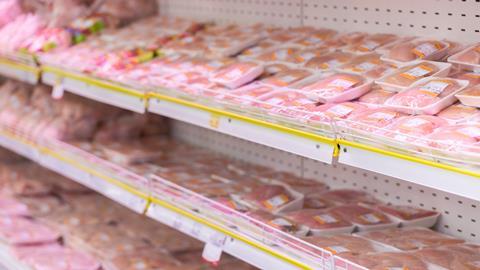


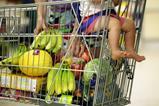

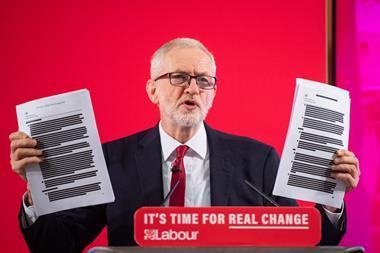
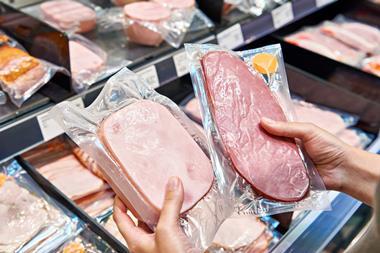



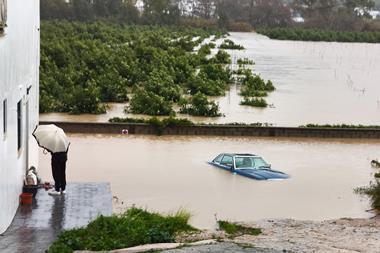
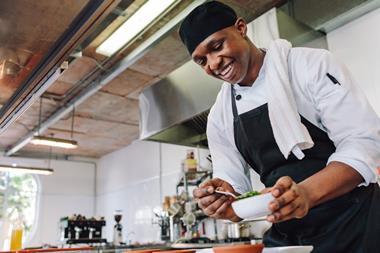


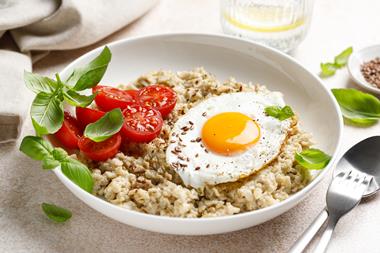
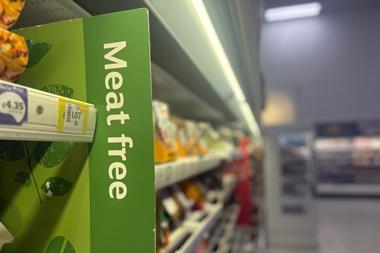
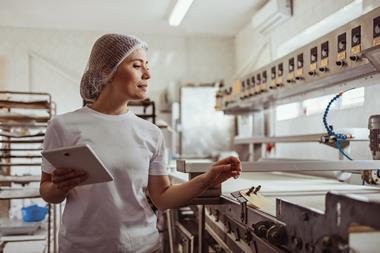
No comments yet